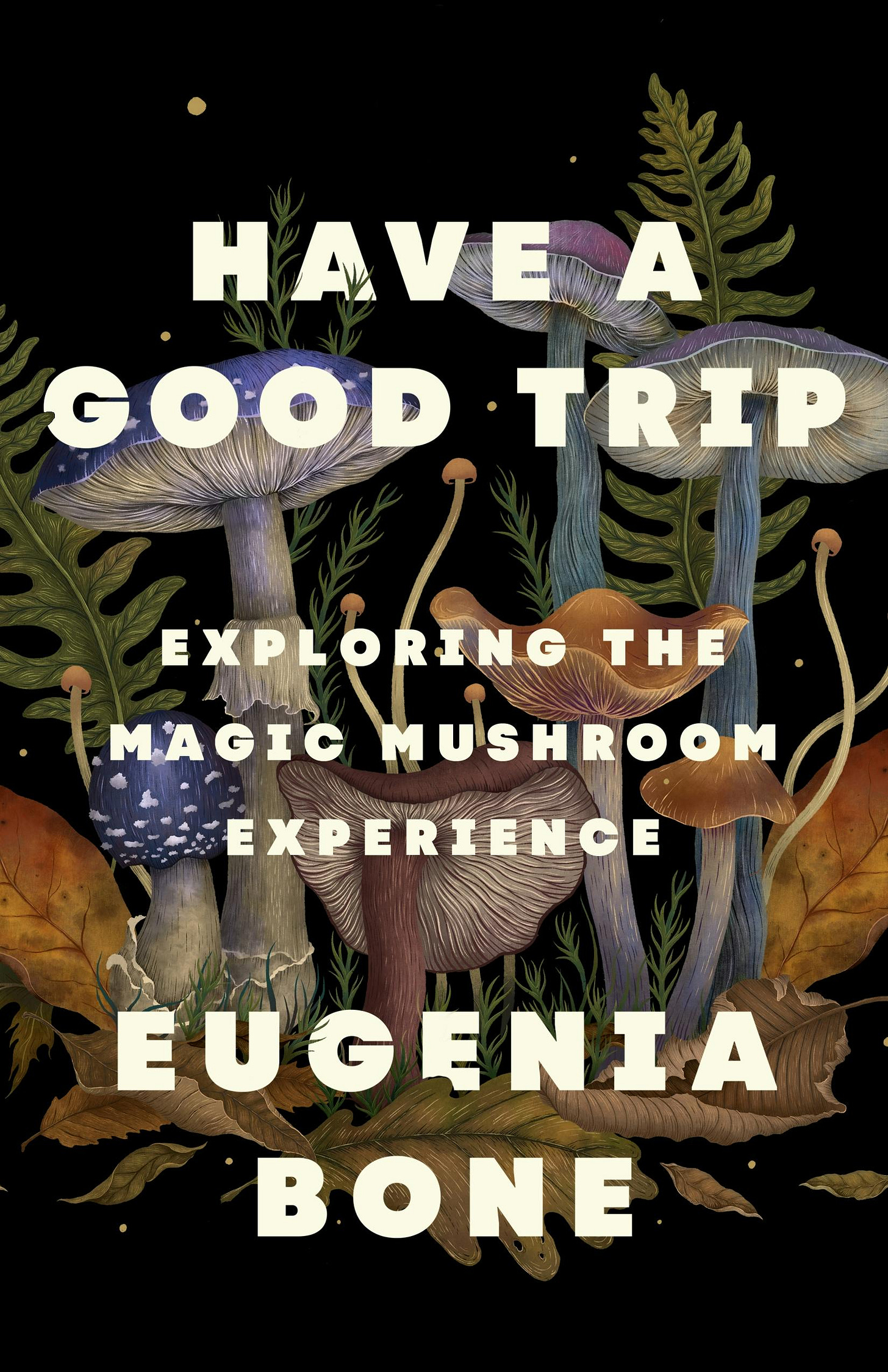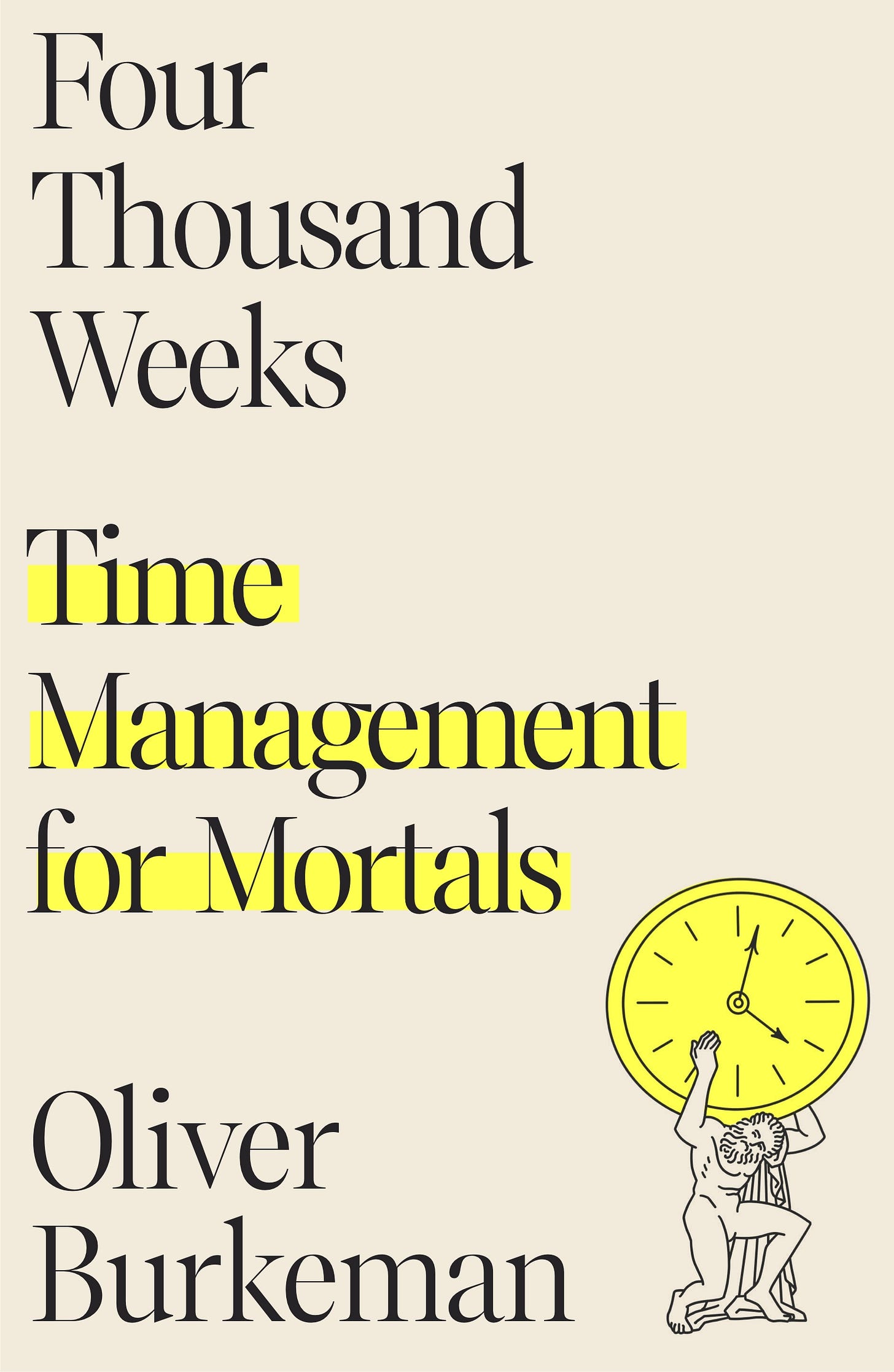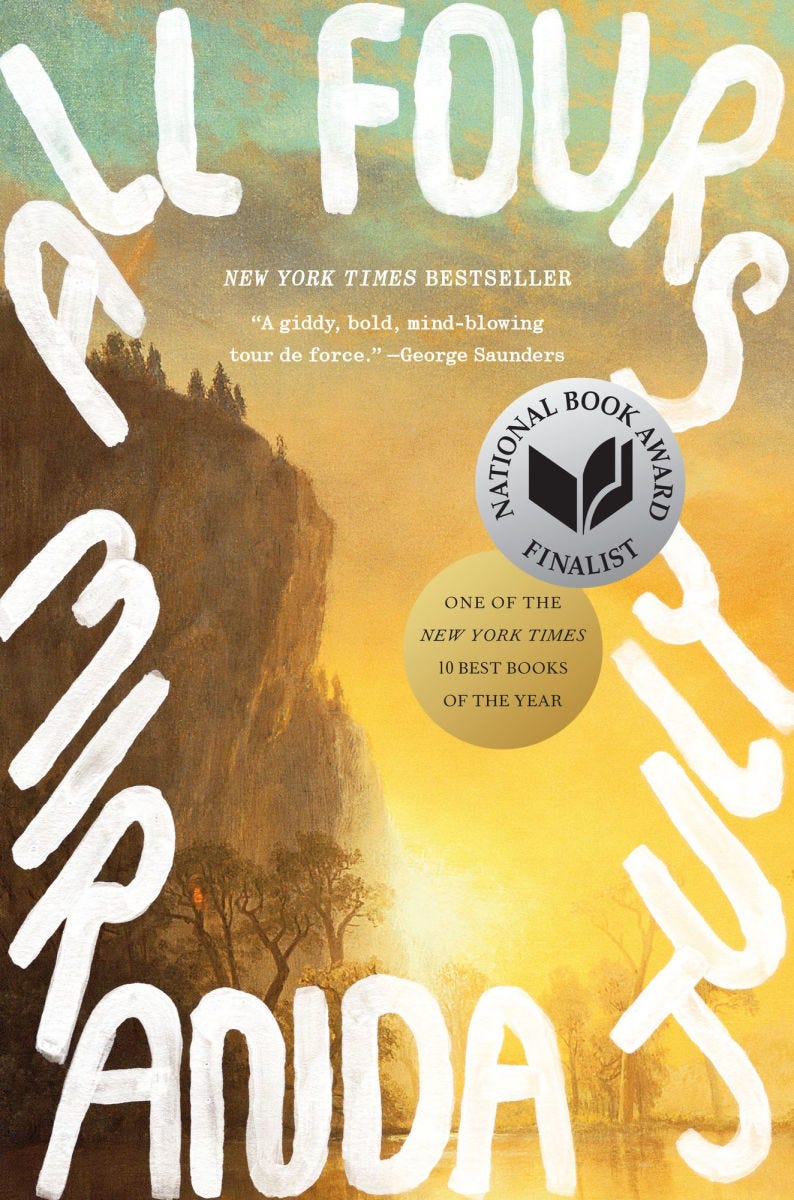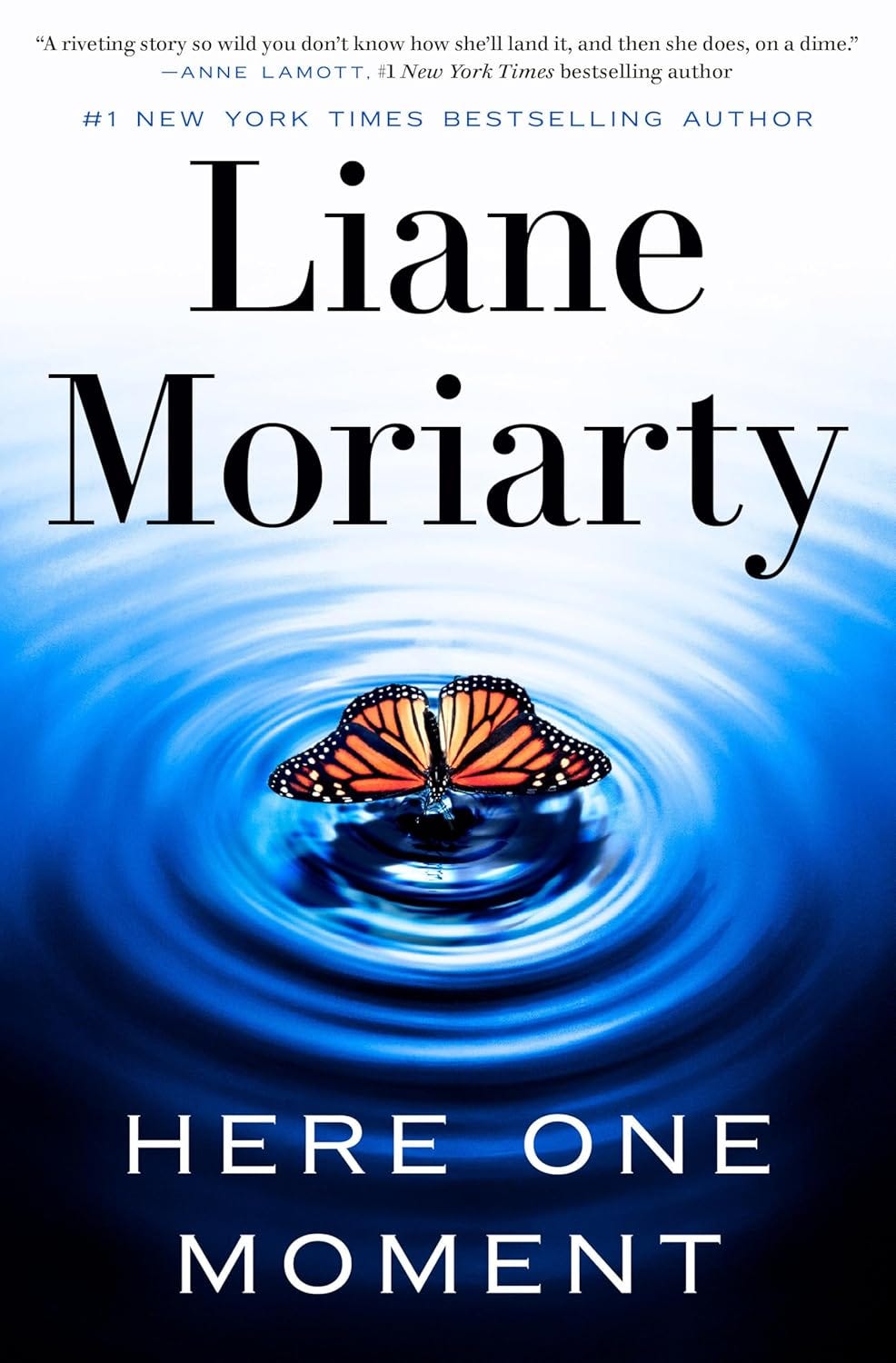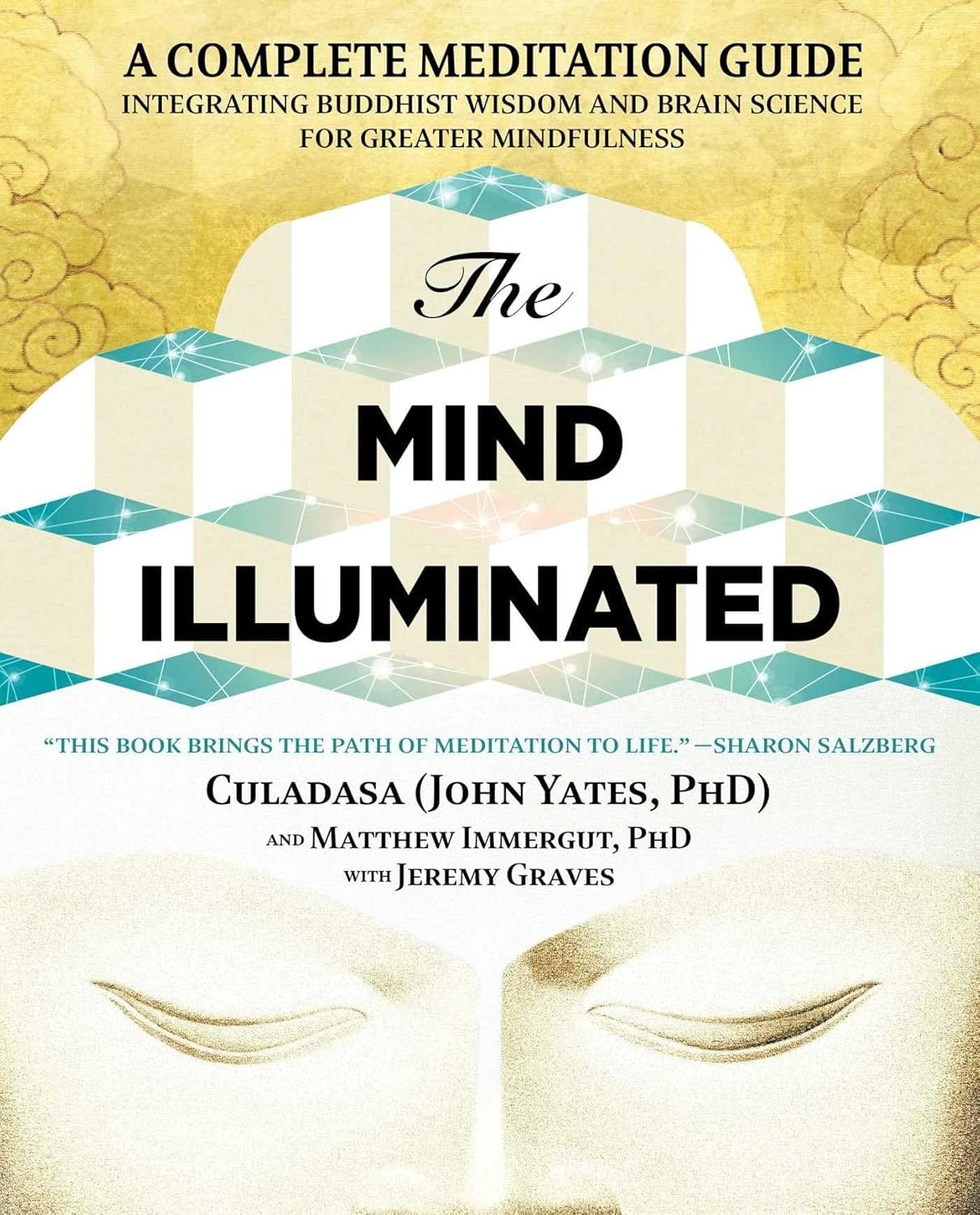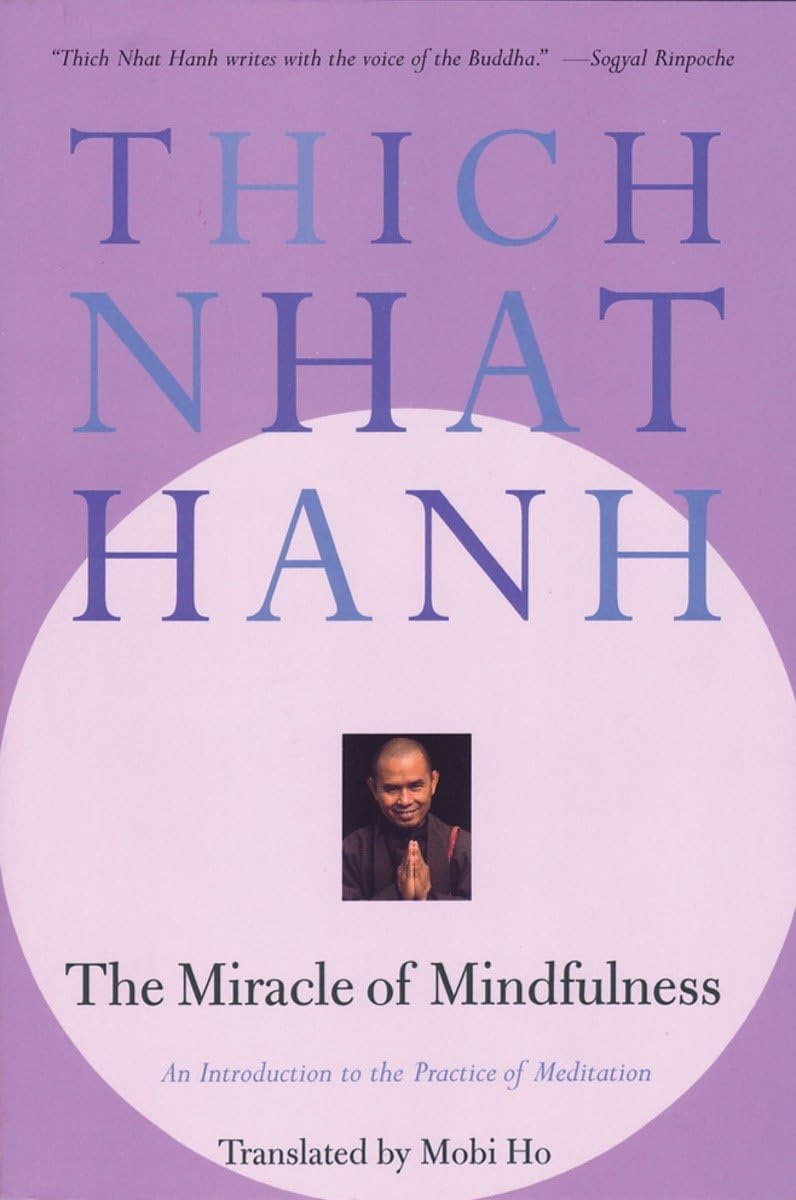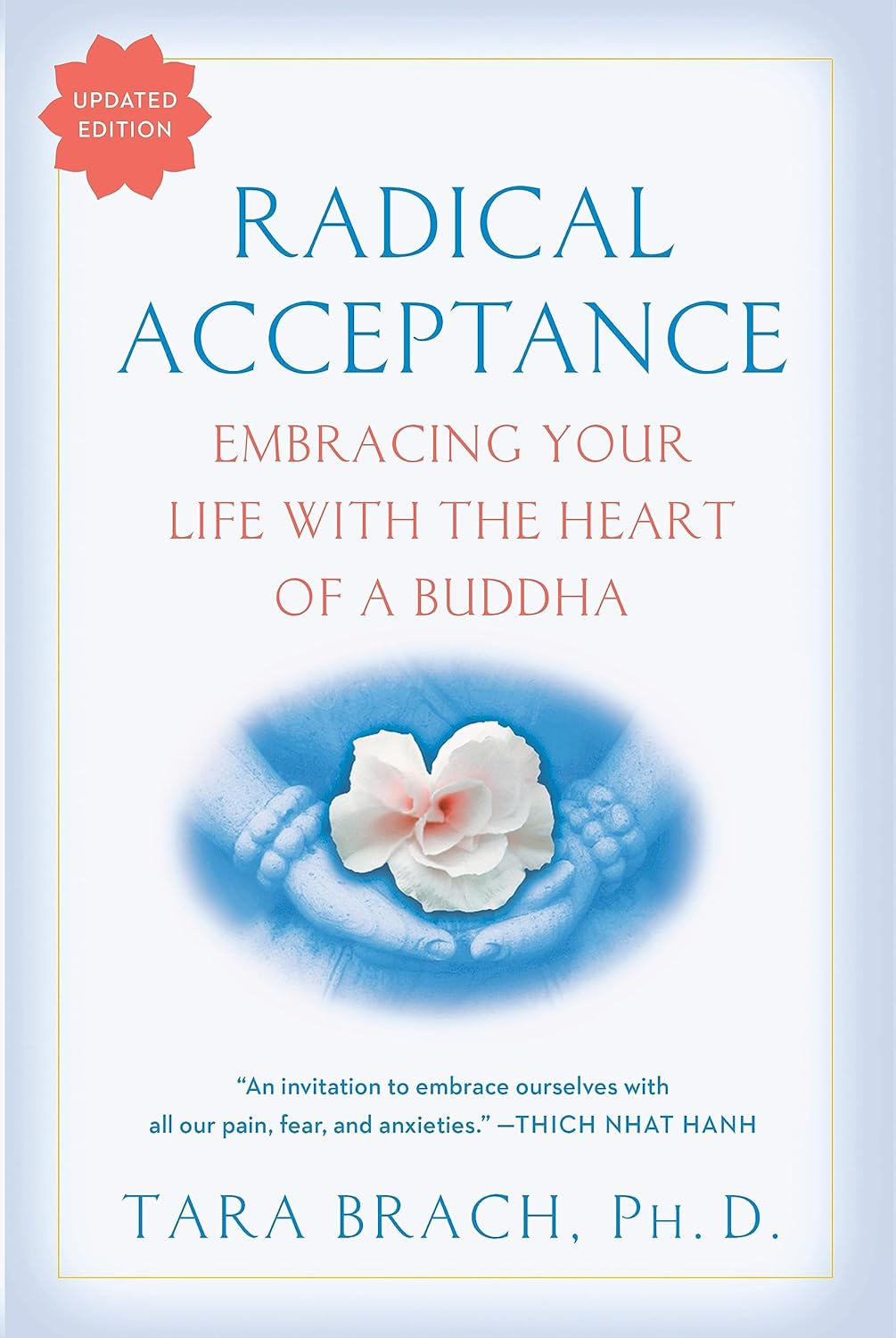Books I've recently read and would recommend
Seven books I would give 5-star reviews to, if I bothered to leave one
If you’re anything like me, you’re always looking for books to read, but whether or not you actually get to them might be a different story. I feel like I’ve pretty much always got a running list of books that I’m ready to check out from the library, but then by the time I’ve finished the current one, all the want-tos have slipped out of my brain.
I typically stick to home-related content on this newsletter, but then I remembered that 1.) This is my space and I can do what I want with it. 2.) No one pays for this newsletter. And 3.) I really don’t have enough readers for anyone to protest about non-home-related content.
My hope is that whoever does find themselves on this particular post might pick up a recommendation or two and truly enjoy the read. And if you did, feel free to text me. Because let’s face it, if you’re following me on Substack then you probably have my cell phone number.
Non-Fiction
Have A Good Trip: Exploring the Magic Mushroom Experience — Eugenia Bone
I loved this book for its fresh insights and cautious approach. Bone — a chef, nature writer, and amateur mycologist — has been doing 'shrooms and socializing with hippies for her entire life and seems to have little fear of these plants, yet she offers prudent advice to newbies who may not be as familiar as she.
If you were really into How To Change Your Mind by Michael Pollen or that Fantastic Fungi Netflix movie (which Bone is featured in, btw!), then this book will be a welcome read. Or, maybe you’re interested in the hype around magic mushrooms but don’t really trust your sister’s high school boyfriend’s Facebook page for advice on the matter — in which case Bone’s book might be an informative place to start your journey.
Four Thousand Weeks: Time Management for Mortals — Oliver Burkeman
My dear friend recommended Oliver Burkeman’s book after listening to me pontificate one too many times about my frustrations with modern life. I love that Burkeman takes us through his own experience as what he deems a “productivity geek” until he finally realizes that we as humans only have, on average, about 4,000 short weeks to live.
If you ever feel like life is just too overwhelming and you need a good reset to remind you what’s really important, then Four Thousand Weeks will offer the perspective you might be looking for.
Fiction
All Fours — Miranda July
This book was pretty buzzy when it first came out, and I finally got around to reading it at the beginning of this year. Although, as I typed that sentence, I went to look at when it was released: Spring of 2024. For some reason, I thought it came out in, like, 2022. I guess I was just hearing a lot about it and maybe it felt like more time had passed than really did.
Anyway. I love love love this book. July tackles topics and themes such as aging, sexuality, power, femininity, relationships, parenthood… the list goes on. She creates this world that I couldn’t help but get sucked into. And why did I find myself rooting for the main character despite the horrible decisions she was making? I guess that was all kind of the point.
Here One Moment — Liane Moriarty
Liane Moriarty is probably one of my favorite authors. I can devour any one of her books in a matter of days. Here One Moment is no different. The book starts on a flight, where just before landing an ordinary woman stands up and starts pointing at passengers, revealing her prediction of when and how each person will die.
As with any book by Moriarty, Here One Moment is character-driven and fast-paced, with lots of chapter-ending cliffhangers to keep you engrossed as she pulls you into each individual’s life, circumstances, concerns, and values.
Meditation
The Mind Illuminated: A Complete Meditation Guide Integrating Buddhist Wisdom and Brain Science for Greater Mindfulness — Culadasa (John Yates)
If, like me, you’re dedicated to sticking with your meditation practice but sometimes aren’t sure if what you’re doing is actually making a difference, then keeping up with some kind of relevant reading is probably going to be an important complement to your daily sitting.
The Mind Illuminated isn’t really a book that you’ll read cover-to-cover. Or, at least I didn’t. I started by reading the first several chapters — the introduction, an overview of the ten stages, etc. Then I stopped once I reached the stage I was at in the process. For me, that was stage 2. Once I move onto stage 3, I’ll read that chapter, and so on.
The Miracle of Mindfulness — Thich Nhat Hanh
You can easily finish The Miracle of Mindfulness in just a day or two, as I did. The book is very poetic, and sometimes the language requires a couple read-throughs, but it’s well worth a read. Originally published in 1975 in Vietnamese, this is one of Nhat Hanh’s very first books, and it is largely considered a must-read among meditators.
Radical Acceptance: Embracing Your Life With The Heart of a Buddha — Tara Brach
If you have the Calm or Insight Timer apps on your phone then you might have heard of Tara Brach. She hosts guided meditations on both platforms, as well as on her podcast. Admittedly, at the time I’m posting this, I haven’t finished Radical Acceptance. In fact, I’ve only just started it. But I felt like I should include this one on this list for its accessible writing and the way Brach relates to the reader from the very start of the book.
On just page 3, Brach writes:
A meditation student at a retreat I was teaching told me about an experience that brought home to her the tragedy of living in a trance. Marilyn had spent many hours sitting at the bedside of her dying mother — reading to her, meditating next to her late at night, holding her hand and telling her over and over that she loved her. Most of the time Marilyn’s mother remained unconscious, her breath labored and erratic. One morning before dawn, she suddenly opened her eyes and looked clearly and intently at her daughter. “You know,” she whispered softly, “all my life I thought something was wrong with me.” Shaking her head slightly, as if to say, “What a waste,” she closed her eyes and drifted back into a coma. Several hours later she passed away.
Not only did this passage evoke tears and a frog in my throat, but it got at the heart of spirituality, for me. It is so human to believe, irrationally, that something is deeply wrong with us. For me, a spiritual practice challenges this notion and reminds me of our inherent interconnectedness.





